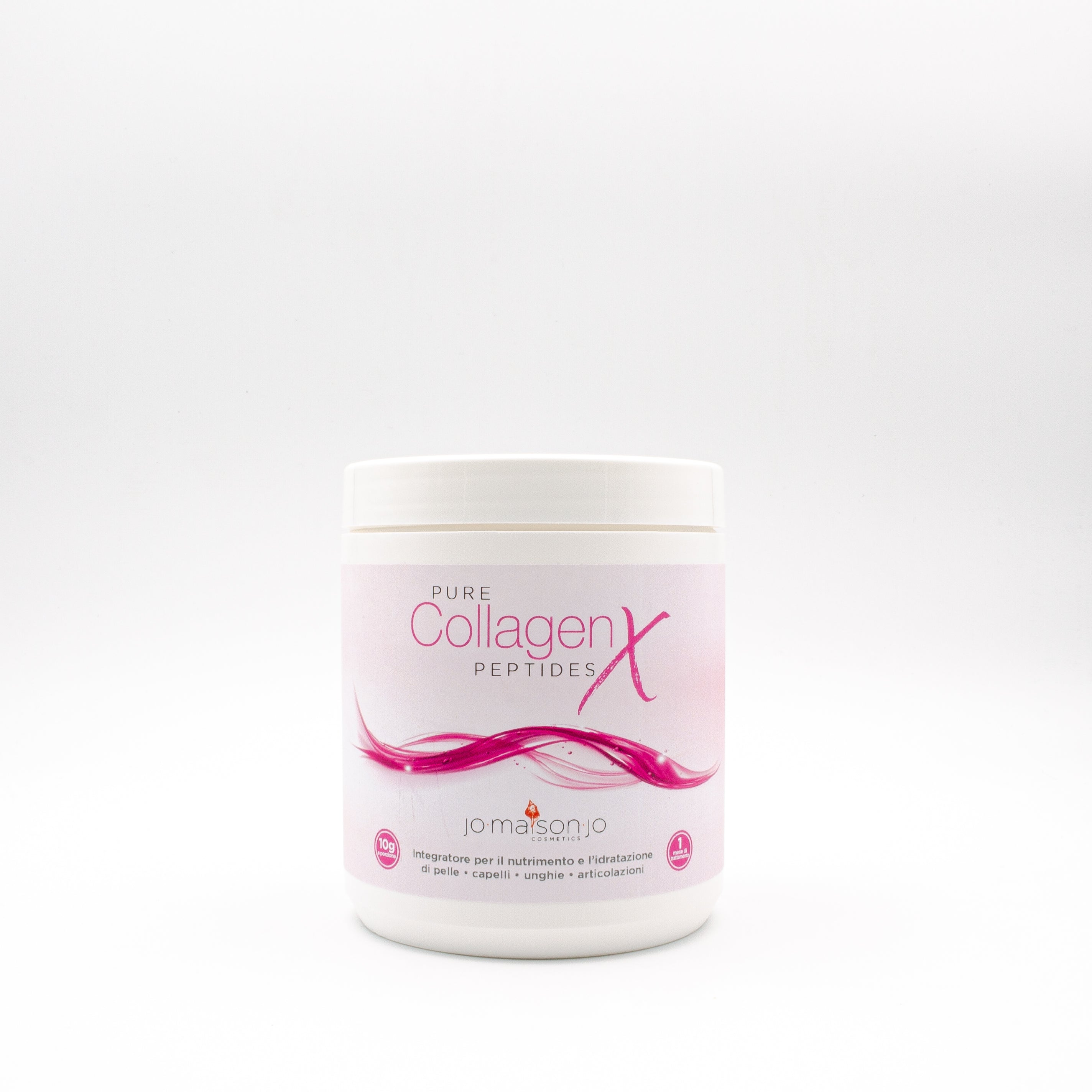And with them, many questions and issues that revolve around these liquid, powder or capsule supplements. The most popular questions? Do collagen supplements work? They hurt? Do they make you fat? Are they good for your skin and joints? How and for how long are they taken? Dr. Juri Tassinari, specialist in plastic, reconstructive and aesthetic surgery, answered all these doubts. Below, the questions and answers.
Collagen Supplements: Do They Really Work for Your Skin? Why?
Collagen supplements have become increasingly popular in recent years, especially among women and athletic people. Collagen is a structural protein present in our body: it makes up approximately 33% of the body's proteins. Above all it is present in the skin and bones, in the muscles and ligaments, in the tendons and cartilages, but also in the cornea of the eyes, in the teeth, in the nails and in all other connective tissues. Our body produces it naturally, but from the age of 25 onwards production decreases, and the collagen already present begins to deteriorate, also due to pollution, smoking and stress.
Scientific evidence suggest that collagen supplements can bring multiple benefits, such as improving skin firmness and hydration. With a regenerating-elasticizing action of the tissues, the support of bones and cartilage and an antioxidant and anti-inflammatory action. However, scientific studies on the effectiveness of collagen supplements are still ongoing and results may vary from individual to individual.
Do they also benefit the joints?
Collagen-based supplements are indicated for improving joint health, as collagen is one of the essential components of ligaments and cartilage. Some scientific studies suggest that taking collagen supplements could help reduce joint pain and improve mobility in people with joint problems such as osteoarthritis.
Times and methods of administration: the importance of breaks
To appreciate the benefits of collagen-based supplements, you need to take them regularly, preferably between meals. For a period of approximately three months: useful time to improve the elasticity of the skin and to reduce the signs of aging. Usually cycles last 3 months, with an interruption of around 30 days between each month, after which it is possible to start another cycle. Always followed by a pause.
Various types of supplements can be found on the market and it is important to carefully read the instructions given by the manufacturer. Usually, however, the recommended dose is 5-10 grams per day. Quantity which may vary based on diet, age and individual needs. It is always advisable to follow the instructions on the product label or consult a healthcare professional for specific advice on dosage and duration of intake.
What are the contraindications?
Generally speaking, collagen has no significant contraindications. However, one must keep in mind that a excess protein in the body, in the long run, it could cause problems for our organism. If you take supplements it is important to never exceed the recommended doses. Avoid prolonging treatments beyond the prescribed period and follow a balanced and not excessively high-protein diet. In any case, the most common short-term side effect in the case of excessive collagen intake is that it can cause intestinal disorders, nausea or vomiting. In addition, it may happen that collagen supplements can give allergic reactions. This is because collagen always has an animal origin. And it comes mostly from cattle, pigs, poultry and fish. It is therefore important to check the source and purity of the collagen used in supplements, as they may be contaminated with unwanted substances.
In conclusion, it is important to choose supplements from reliable brands. And consult a healthcare professional before starting any supplement regimen.





